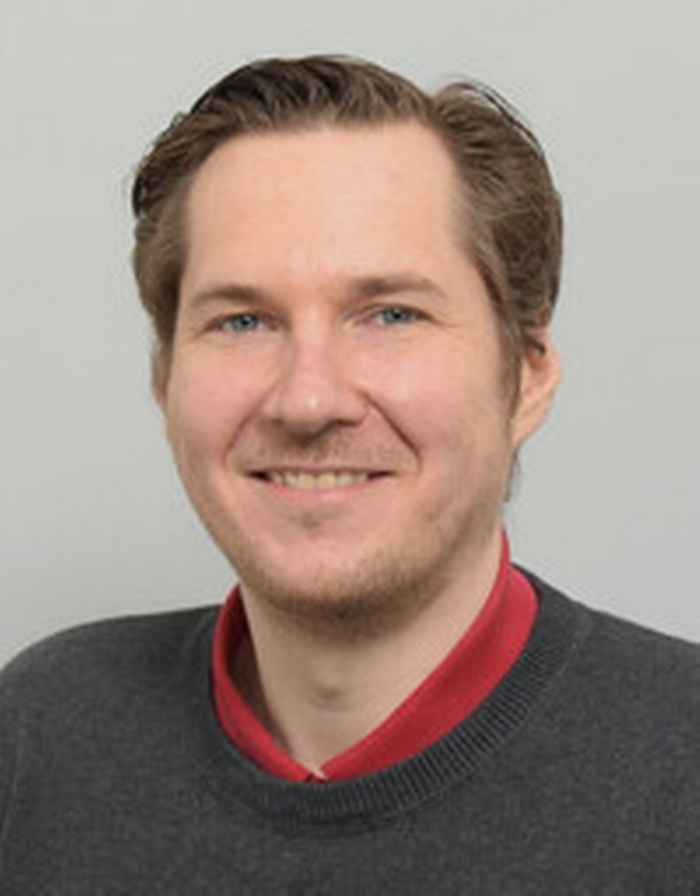Vossius Research Fellow Alexander Wilfing
18 April 2023

About the project
Scrutinizing the methodical framework of scientific disciplines is becoming more and more frequent in recent years. These periods of (self-)reflection are commonly triggered by diverse factors like—among others—largescale shifts in scientific discourse (‘turns’), decisive political events (e.g. WW1 and WW2 prompting an evaluation of disciplinary conceptions), and technological innovations, which may entail the establishment of entirely new subjects (media studies, for instance). What often gets lost in these kinds of debates, however, is the fact that any deliberation on the methodical orientation of an academic discipline is framed by a specific intellectual and discursive horizon, which itself is rooted in the history of a subject, having become part of its very DNA and causing natural blind spots in the assessment of one’s own field. What is overlooked in particular are the peculiar material, political, and historical contexts from which disciplines arise, as well as their enduring and sometimes subliminal influence on the makeup of subjects decades after their inception. In order to erase these blind spots with respect to musicology, the project will extend the analysis to include art history as a related but ultimately rather different discipline.
The historical evolution of these fields lends itself to a comparative investigation, which will also provide a better grasp of their current state. First, the institutional establishment and methodological consolidation of these subjects occur in relative historical proximity in 19th-century German-language discourse, with both having to struggle with getting recognized as scientific disciplines. Second, although this challenge is met by analogous strategies of scientification (historicism, positivism, stylistic analysis, etc.), they develop into very different directions over time, with art history (Kunstgeschichte) primarily employing historical methods while musicology (Musikwissenschaft) adopts a diverse spectrum of approaches. These diverging paths, I argue, result from the slightly disparate historic contexts from which musicology and art history emerge, impelling a methodical coursesetting the ripple effects of which are still felt today. Thus, the project is intended as an exercise in reconstructing the development of scientific disciplines in terms of their initial setting. While it is tantamount to exaggeration to reduce methodical peculiarities to the long-term effects of a subject’s context, the role this course-setting plays in the long run has up to now not been investigated systematically.
About the researcher
I studied musicology and philosophy at the University of Vienna and attained my doctorate in 2016. A re-worked version of my dissertation has appeared as "Re-Reading Hanslick’s Aesthetics: Die Rezeption Eduard Hanslicks im englischen Sprachraum und ihre diskursiven Grundlagen" (https://e-book.fwf.ac.at/view/o:1277). From 2014 to 2021, I have been part of multiple research projects on the historical contexts of Hanslick’s aesthetics at the Austrian Academy of Sciences. I am currently leading two FWF-funded research projects, one on the institutional establishing of musicology as an academic discipline in 19th-century Vienna (Brno, Frankfurt, and Vienna; 2021–23) and one on Hanslick’s criticism and its complex relation to his aesthetic and scholarly writings (Salzburg, Stanford, and Vienna; 2022–25). I am preparing additional research projects on the comparative historiography of musicology and art history and the potential synergies between these fields. Since 2018, I am editor of "Musicologica Austriaca: Journal for Austrian Music Studies" (https://www.musau.org/).